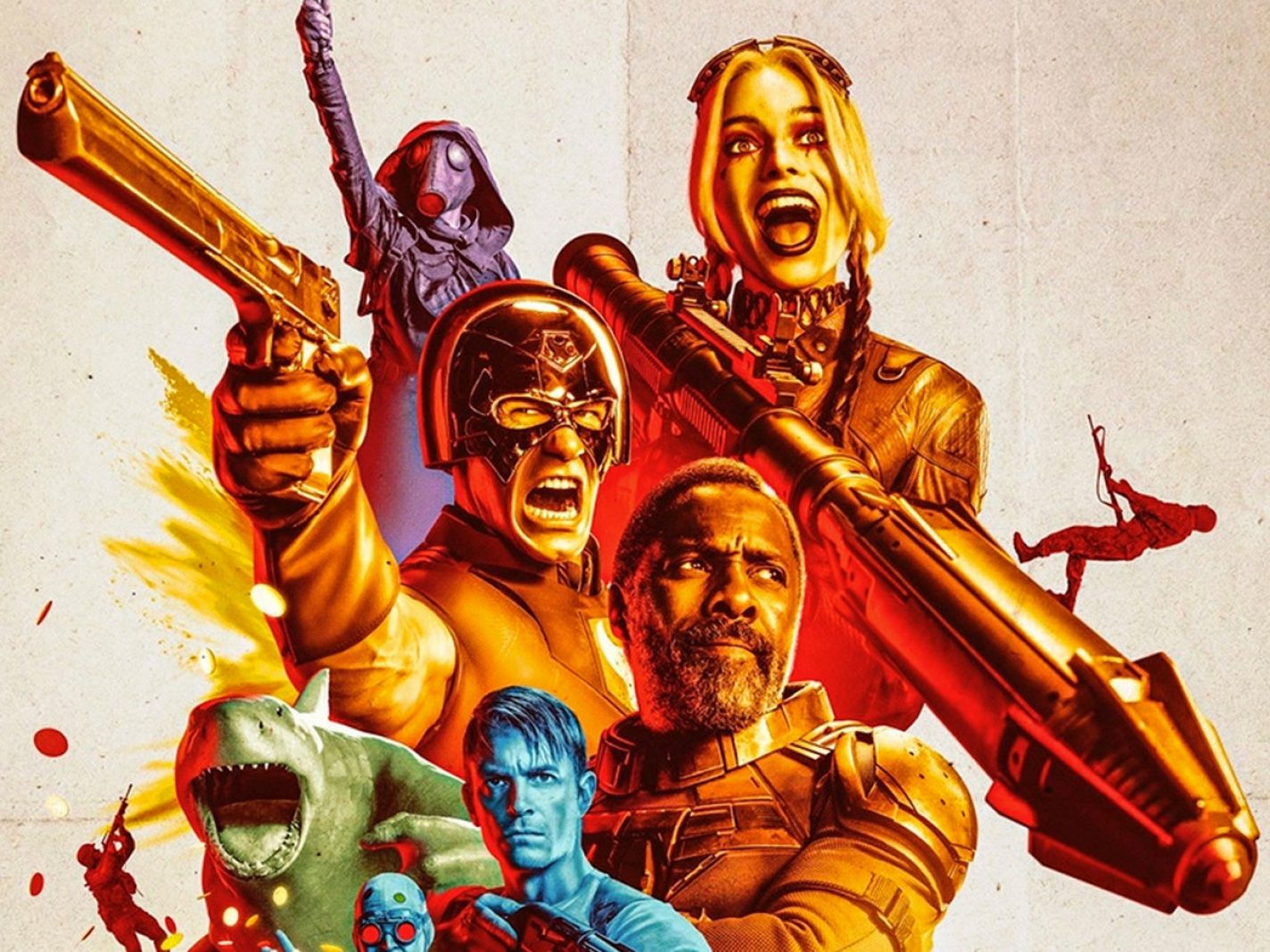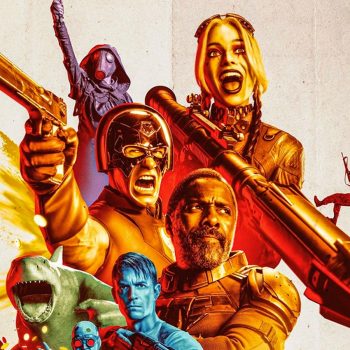The Suicide Squad plays off as just a fun movie, at least on the surface. Not so deep down, however, the film is seemingly intended to stand as criticism of U.S. imperialism. This is evidenced by the setup of the Corto Maltese storyline – with the U.S. turning a blind eye to the country’s political upheaval. And by the fact that, in the end, the “criminals” are proved to be the good guys.
If there’s a villain in The Suicide Squad, it’s not the men and women Amanda Waller released from prison to do her bidding. It’s Amanda Waller herself, and more importantly, the U.S. government. But the movie misses a huge opportunity to ground the message it intends to send, and in doing so, dilutes the notion to the point where it loses all its power.
The Suicide Squad is far from the first comic book property whose central message includes a criticism of the government its protagonists have sworn to serve. Instead, the movie chooses to rely on the same vague notions of a shady government figure without assigning any blame for actual events to the people responsible. The fact that the movie’s exterior shots were filmed primarily in Panama, a country with a lot of experience on the dangers of U.S. imperialism, meant James Gunn had a chance to present the kind of social criticism that had some bite to it.
Ironically, despite the movie’s attempts to pretend the action is taking place in Corto Maltese – a fictional DC setting that is meant to exist off the coast of South America, just like that, no more details, as if South America only has one coast – a keen eye can spot many clues clearly placing the action in the Central American nation where I was born. The most egregious of those is an obvious sign reading “Chicheme Chorrerano.” Unless Corto Maltese also has a place called La Chorrera famous for its chicheme, then the movie is obviously set in Panama — which is where it should have been set. With a Panama setting, The Suicide Squad could have gone from a property attempting to have its cake and eat it too, to a movie with a real message, one that packed a punch. Panama was, after all, invaded by the U.S. a little over thirty years ago. “Operation Just Cause,” a name so dripping in irony it almost feels fake, was presumably about “saving the Panamanian people” and, of course, protecting the Canal from ruthless dictator Manuel Antonio Noriega.
In a twist, The Suicide Squad should appreciate, however, the same man the U.S. was protecting Panama from: Noriega, a former CIA agent turned strongman. For many years, Noriega served U.S. interests in the region and was given free rein because of it. The moment he decided he wanted more control than the U.S. wanted to give him, he became an enemy that needed to be taken down ASAP. And in real life, the United States didn’t send the Suicide Squad. It sent the military.
All this background could have been woven into the storytelling to make for much potent criticism of the U.S. government and its foreign policy in Latin America. The marriage of fiction and reality could have elevated The Suicide Squad from just another fun superhero movie to an important piece of political commentary. Instead, the people in charge of the film decided to take the easy way out and limit themselves to the kind of posturing that is less “important message” and more “on par for the course.”
The Suicide Squad isn’t a horrible movie. It’s just not a terribly memorable one. Part of the reason is that it failed to realize that we’re way past the age of tepid criticism. Someday soon, another movie – whether it be a superhero property or not – will dare to face head-on the many issues present in Latin America that can be directly tied to the U.S. history of interventionism. And we’ll remember that movie. We’ll celebrate it. We’ll talk about it long after we’re done talking about its individual characters. It just won’t be The Suicide Squad. And that’s a shame.




